Search
Filter By Topic
Filter By Section

Every so often, a new story makes the rounds about how Americans without four-year college degrees can still make six-figure salaries. Take this piece from LendingTree, which highlights elevator installers and repairers—47.5 percent of whom earn more than $100,000 a year without a bachelor’s degree. It’s the kind of story that spreads quickly: hope for the non-college majority, proof that not all good jobs require a diploma.

Research has long shown that graduation likelihood is linked to a student’s financial resources, family’s educational background, gender, and ethnicity. But Lumina-funded research now reveals that an institution’s actions and culture matter as well.

We know that education is a powerful tool for opportunity. But with rising college costs and more students relying on loans, this pressing question remains: Is college still worth it?
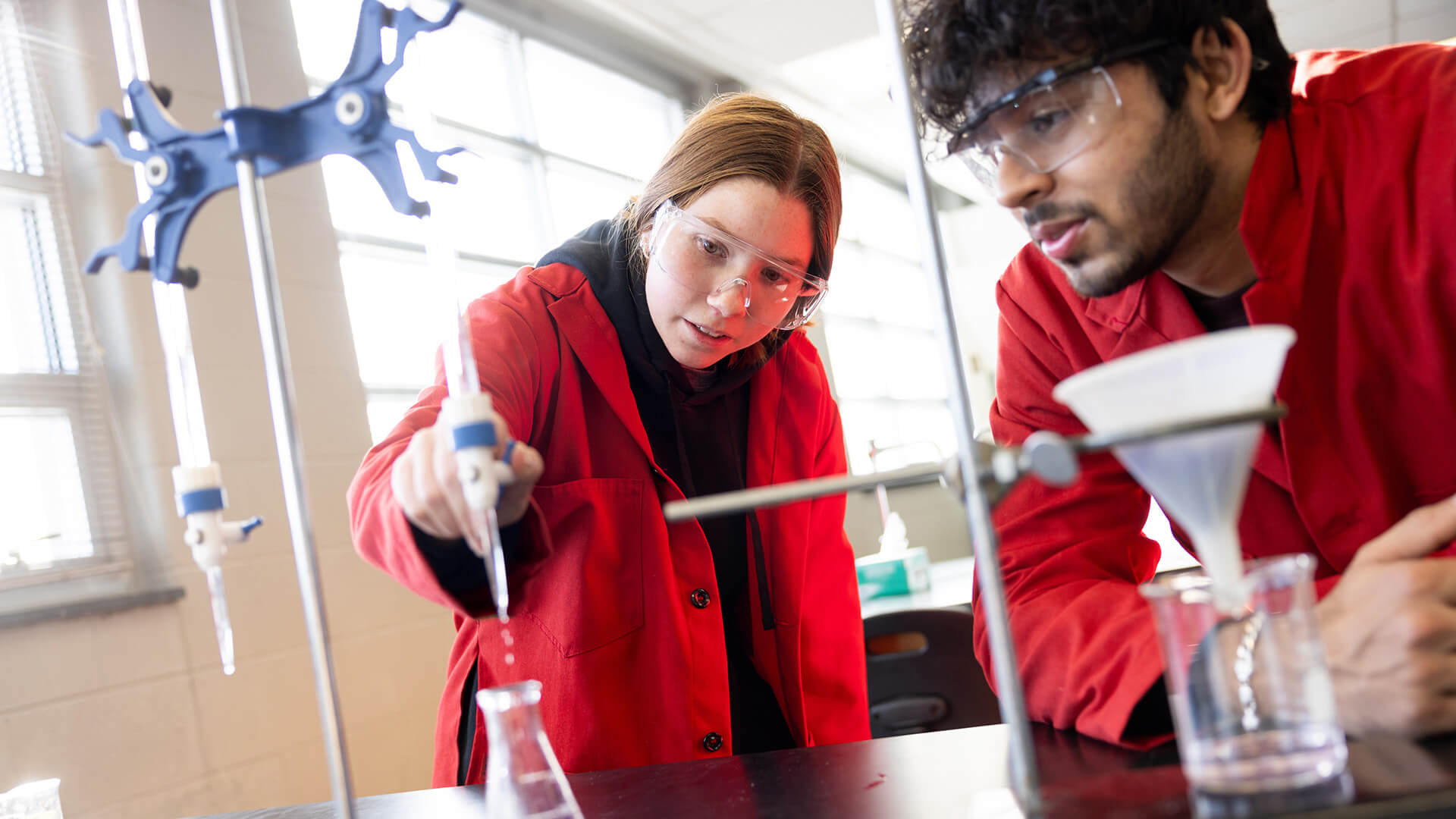
If we can align affordability, value, and trust, we can once again make higher education the engine of upward mobility.
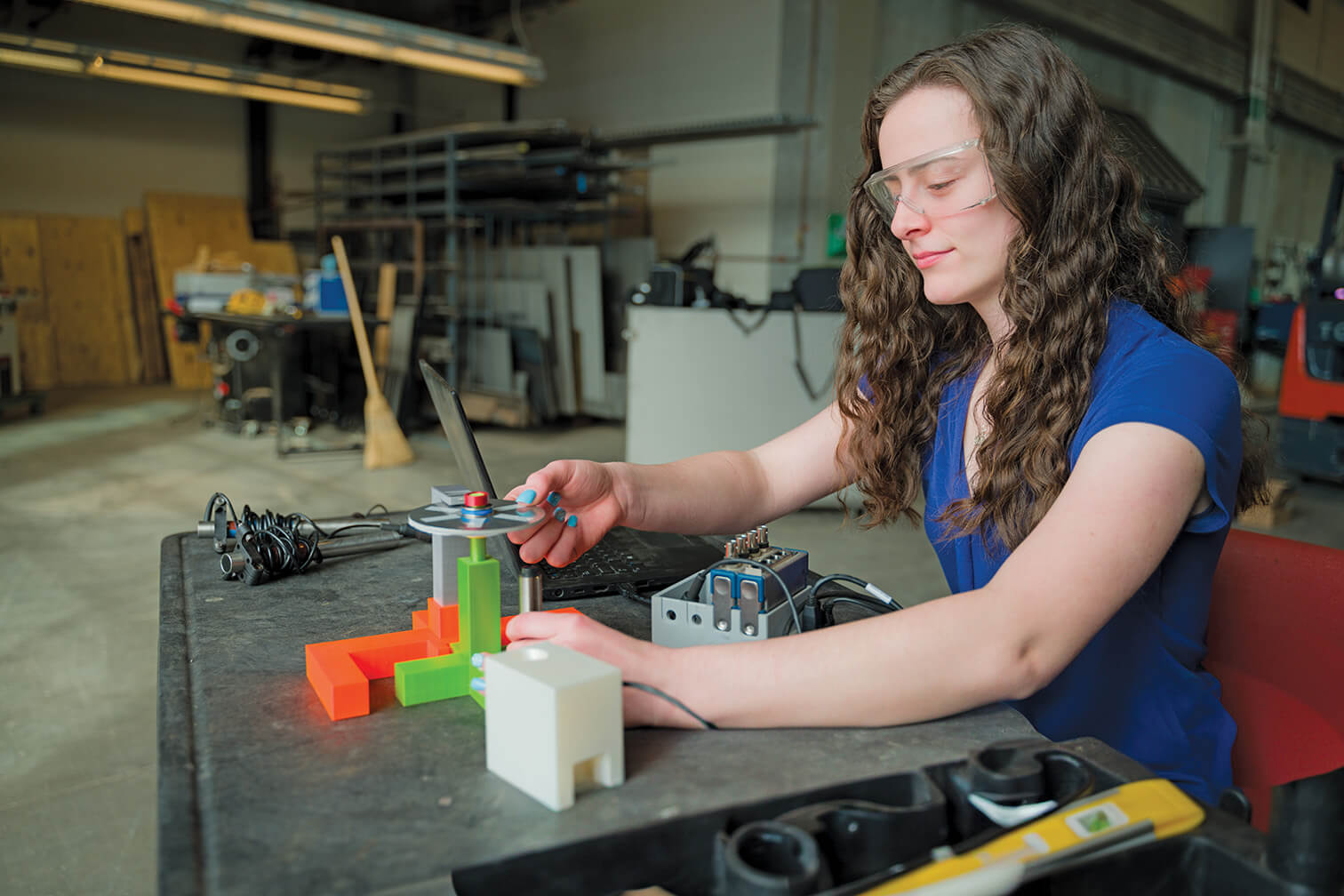
More than 1M short-term workforce credentialing programs are offered today, but little has been done to help adults identify which programs meet industry standards and lead to higher-paying jobs. That’s changing.
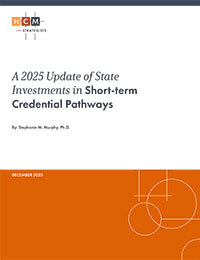
The 2025 update to HCM’s landscape analysis of state investments in short-term credential pathways. The latest and most comprehensive analysis identifies 111 active state-funded initiatives across 34 states.

Lumina Foundation’s Jamie Merisotis offers insight from his decades of experience as an author, policy innovator, and philanthropist on the future of education and work—and his vision for a world where learning and human potential drive progress and opportunity for everyone.
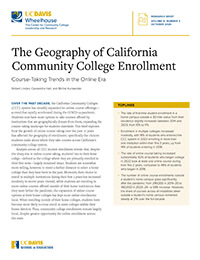
California students now have more options to take courses offered by institutions that are geographically distant from them, expanding the course-taking landscape for students statewide. This brief explores how the growth of online course taking over the past 10 years has affected the geography of enrollment, specifically the choices students make about where they take courses across California’s community college system.
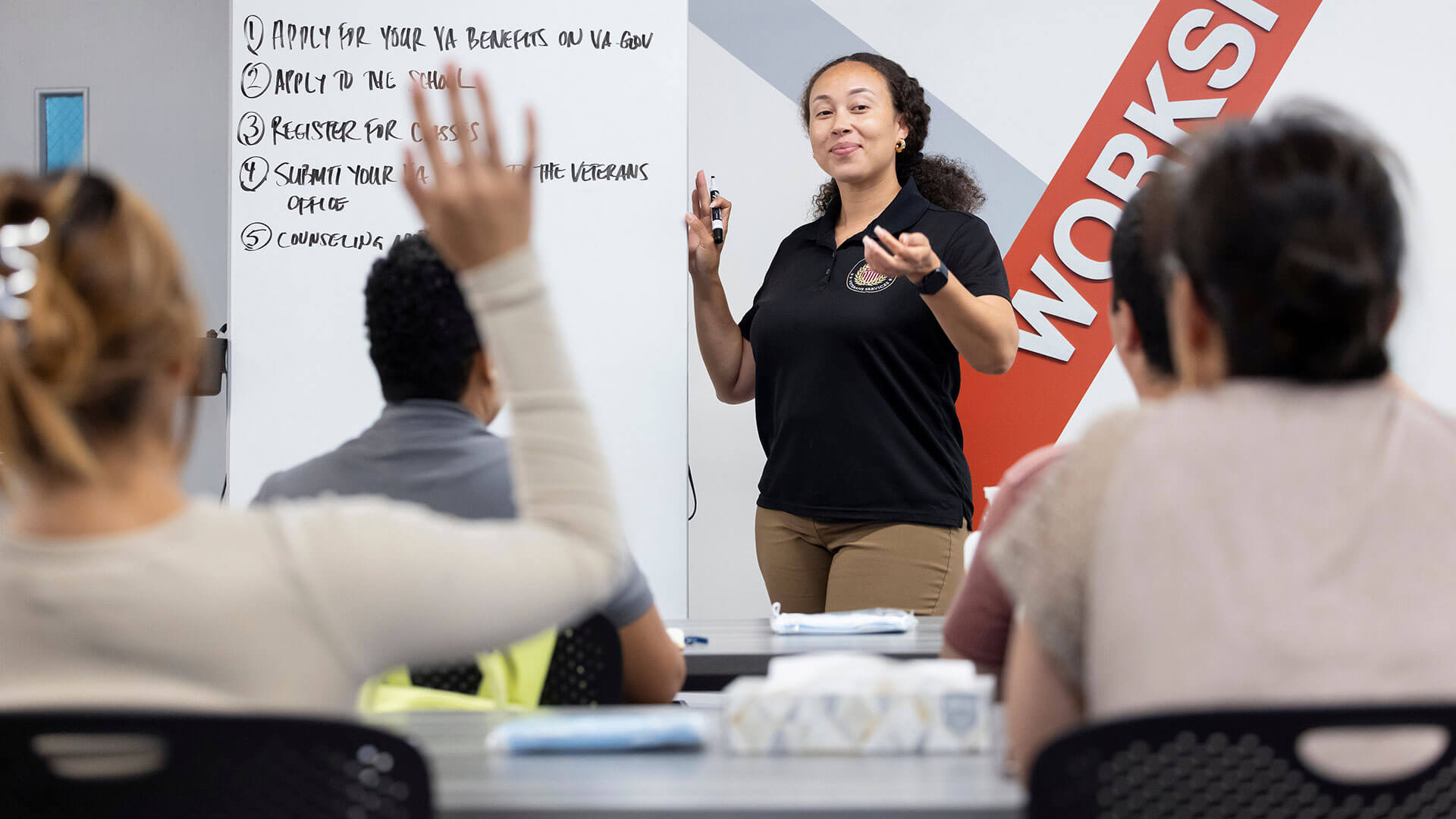
Thirteen states are working to set new goals for better-educated, better-trained residents.

States need to help people complete credentials that pay off—in wages, career mobility, and community vitality.
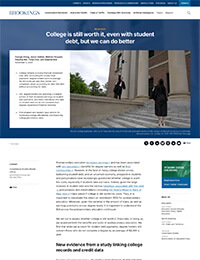
College remains a strong financial investment even after accounting for student loan payments: degree holders earn on average $8,000 more per year than similar non-completers when accounting for debt ($10,400 without accounting for debt).
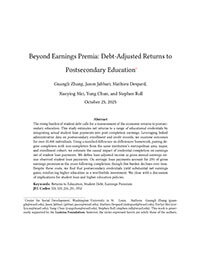
Net returns on educational credentials still yield substantial net earnings gains, reinforcing higher education as a worthwhile investment.
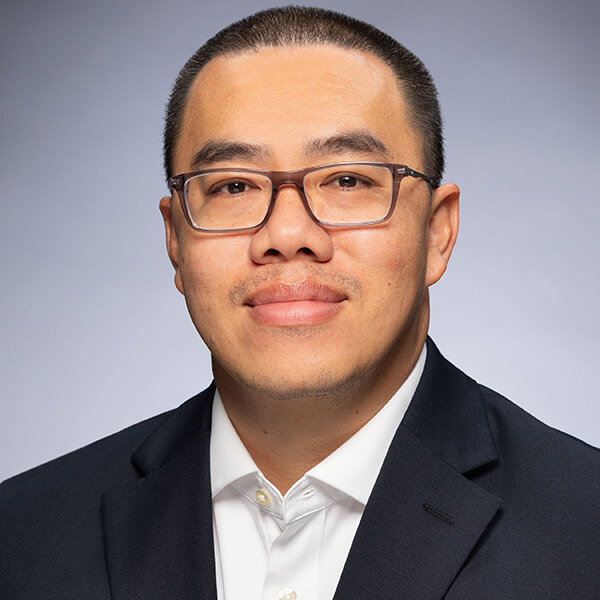
Linh Le is Lumina’s investment analyst. He researches and analyzes investment managers, asset allocation, risk, and liquidity to help manage the foundation’s endowment.

Once a global leader in higher education, the United States now finds itself spending more than nearly all of its peer nations while delivering outcomes that fall increasingly short of expectations.
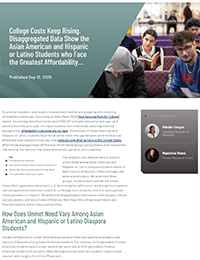
For many students from historically underrepresented backgrounds, college affordability concerns are not new. Generations of Asian American and Hispanic or Latino students have faced unmet need—the gap between what families can afford and what students must pay—that persists long after arriving in the United States. When broad averages mask differences within these groups, policymakers and researchers risk missing the nuances that shape the students who enroll, persist, and complete their degrees.
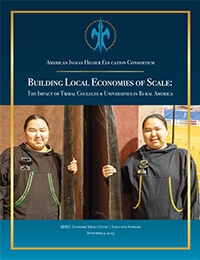
The nation’s 35 tribal colleges and universities create value in many ways. For example, TCUs play a key role in helping students increase their employability and achieve their individual potential. TCUs provide students with the education, training, and skills they need to have fulfilling and prosperous careers. TCUs are also places for students to meet new people, increase their self-confidence, and promote their overall health and well-being.
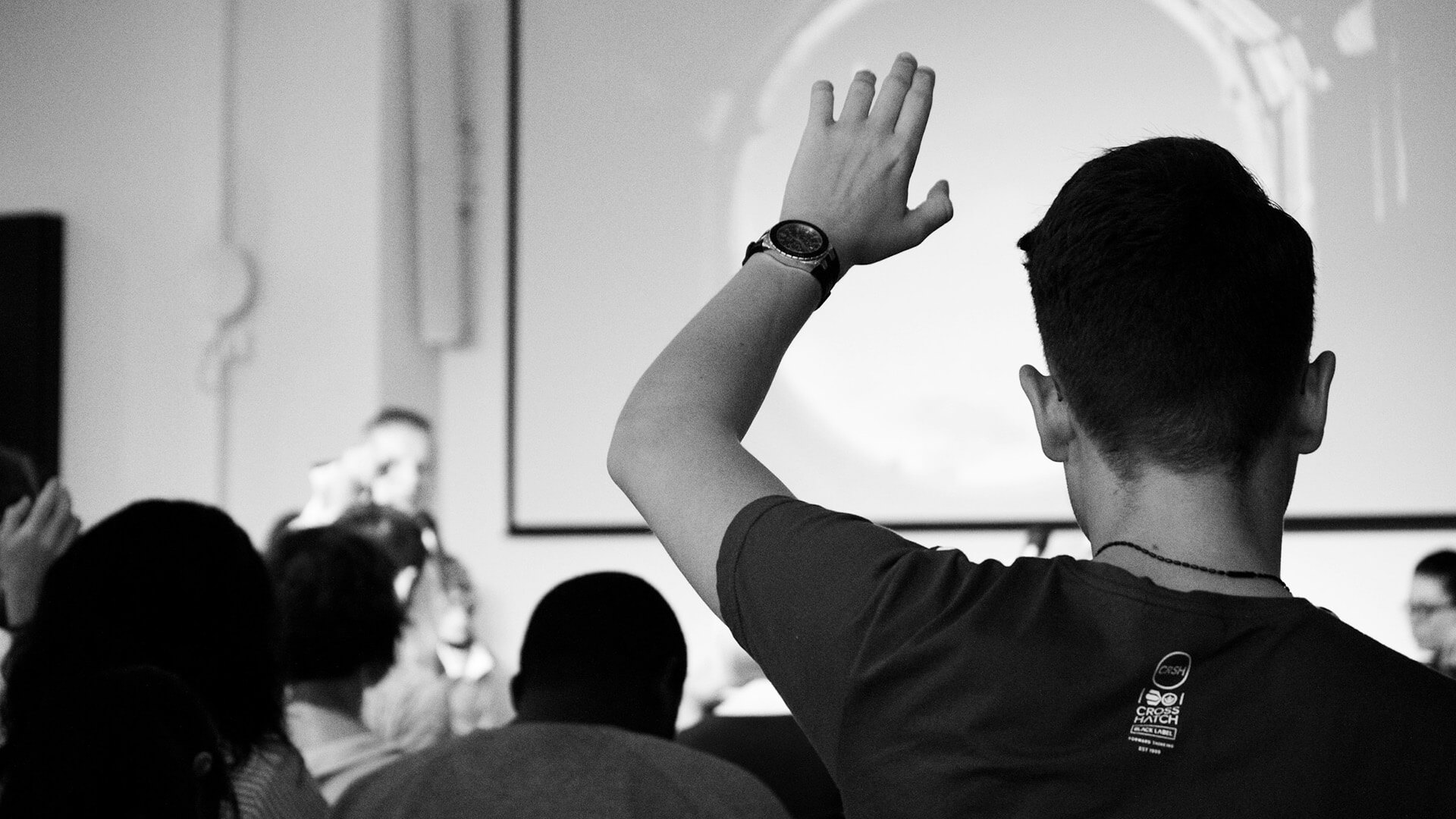
Few aspects of modern life are as closely scrutinized as higher education, and no wonder: Though most Americans believe that a college degree leads to better jobs, many also think it costs too much and may not be worth the time and money.

The Humanity AI initiative recognizes that AI’s impact on our jobs, communities, and democracy will be shaped by our choices today. This effort is needed because AI will have enormous social and economic consequences.
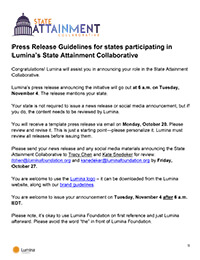
Press Release Guidelines for states participating in Lumina’s State Attainment Collaborative
Newsletter and publications
Updates from the worlds of learning and work—free in your inbox.
Lumina Daily News is a daily update on post-high school learning from all the top sources we follow. Focus magazine dives deeper into stories reflecting Lumina's mission: to extend the benefits of education and training after high school to all of today’s students.
"*" indicates required fields
